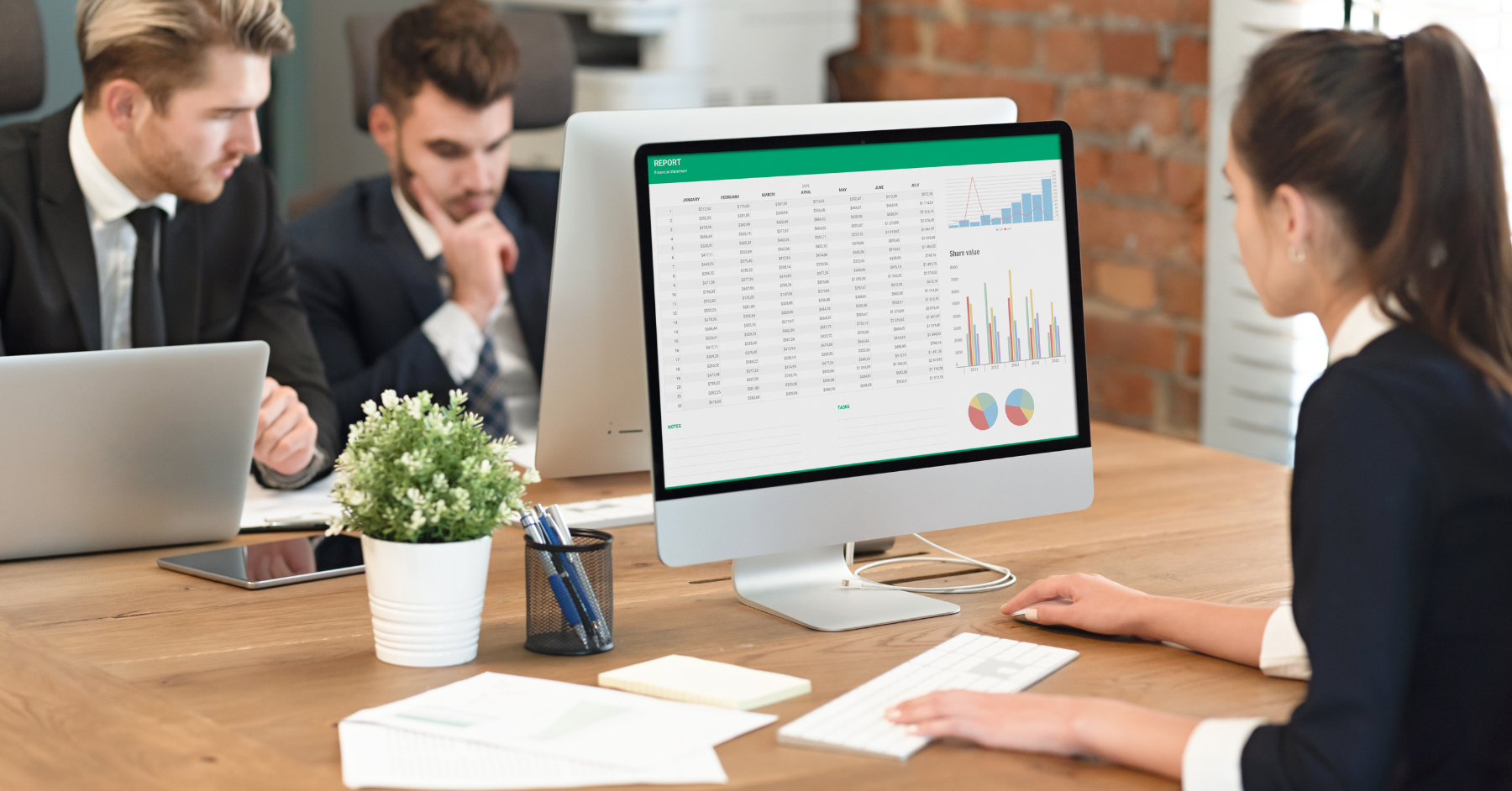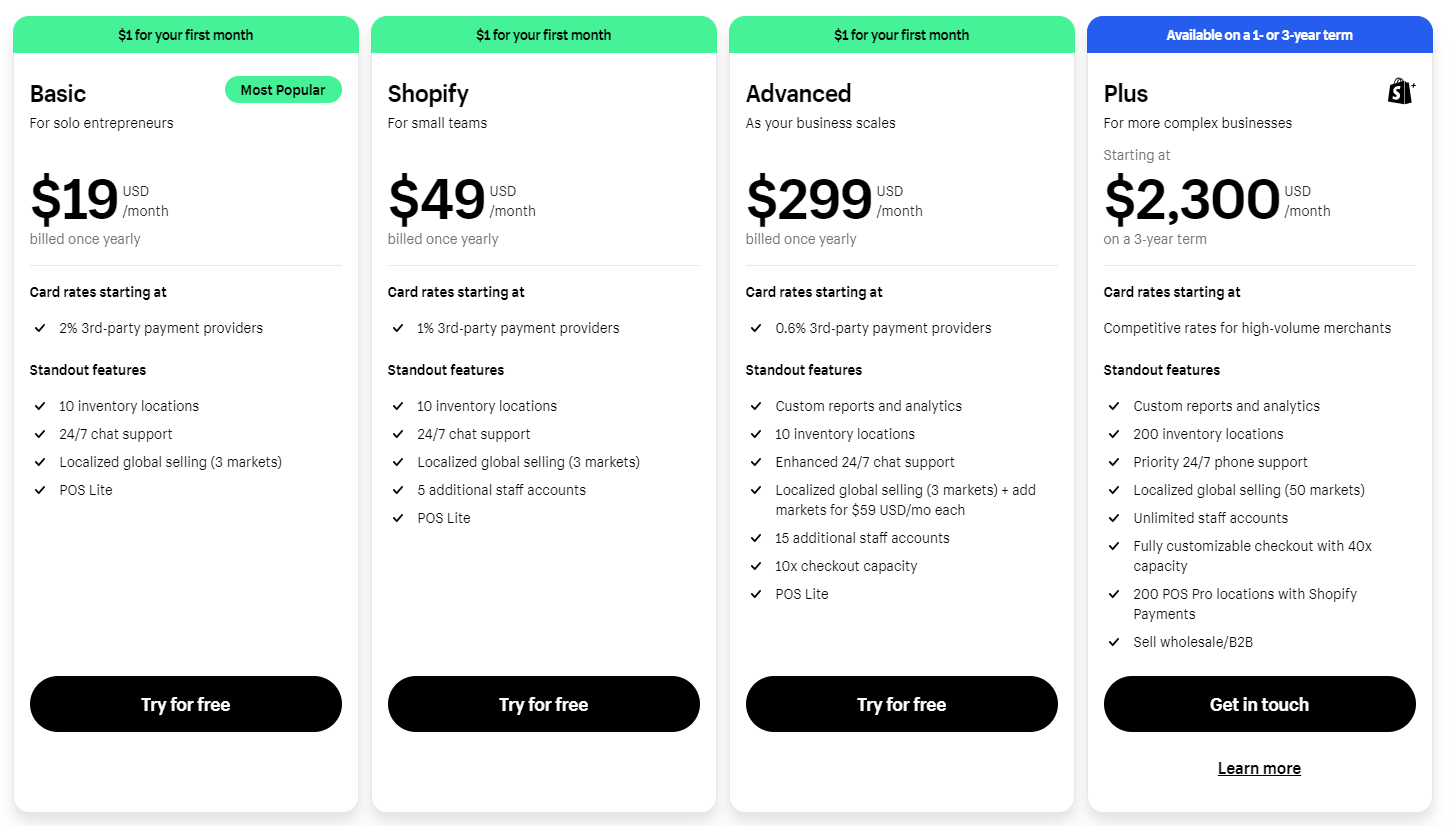
Amazon seller tax can be difficult to navigate for most sellers. Amazon allows eligible sellers to set up their shops to sell products and services right alongside Amazon itself. The Amazons marketplace holds much responsibility as the marketplace, so it helps these sellers with tax calculations and collection. In this post, we’ll go over what sellers need to understand about taxes on Amazon so they can hold up their end of things.
Marketplace Facilitator Law
The Marketplace Facilitator Law applies in the United States. Amazon looks at states that have enacted this law, sometimes called the Marketplace Fairness Law. Sometimes, similar laws work the same way, but are called by different names.
Basically, these laws place the responsibility of collecting and remitting sales tax on the ecommerce marketplace. In this case, that would be Amazon. The IRS views Amazon as a Marketplace Facilitator. This is because Amazon makes agreements with third party sellers to help them sell a variety of goods and services.
The Marketplace Facilitator status means that the Amazon Marketplace will take care of calculating, collecting and remitting sales tax. They are also responsible for refunding state sales tax. They calculate and collect the tax for orders shipped to customers who are located in these states. In some states, the legislation does not cover local taxes. This means that the seller, not Amazon, is responsible for those taxes.
Amazon does this process for Professional sellers only. Individual sellers are still responsible for their own taxes. Professional sellers will then simply correct any errors they find in the forms that Amazon prepares. Then they will report their sales taxes to the IRS.
Setting Up Your Amazon Seller Account for Tax Compliance
Amazon is a worldwide marketplace, and different countries have different tax laws and regulations. Even different states in the same country have differences in the way they tax sales. So, you can imagine how complicated it can all get for a small seller to keep up with. Moreover, different policies and business operations can affect sales tax collection obligations. This can throw a lot of sellers for a loop. Some items, even in the same order, are taxed and others are not. For example, Kindle books are taxed differently when sold within the US and overseas. Publishers consider the tax to be included in the sale price of the item when sold outside of the US. The same goes for subscriptions and active content titles. This messy tax situation is why Amazon steps in when needed. Not all sellers can get their help, though.
You need to make sure that your Amazon business is compliant with all applicable tax laws. Because you are on a global marketplace, you need to think about more than where your business is located.
Understand the Financial Policies for Sellers

Amazon has financial policies in place for sellers to follow. These policies dictate how the marketplace expects sellers to manage and report sales and taxes on the platform. It also outlines the guidelines of how Amazon will pay you for sales. This is because the marketplace actually collects the payments for orders from customers. Sellers do not transact with customers directly.
The first thing to do, then, is to keep an immaculate record of all the sales you made through the marketplace. This includes refunds and fees, too. Amazon will usually send your payments to the business bank account you have registered for your Amazon selling account. Payments usually come in every two weeks, less Amazon’s fees. So, you need to understand all the fees that you pay if you want to have accurate records. For example, you must know about referral fees, closing fees, and other charges that come with selling your products on the platform.
Second, you must know your Amazon seller tax obligations. What taxes are you required to calculate and collect? What taxes are you required to report and pay? What are the different rules that apply to different taxes, like sales tax versus income tax? What are the different rules that apply for orders shipped to different countries, states / provinces, and cities? What differences are there based on where my business is registered? You must know all about what laws apply to you and which regulations you must follow.
Third, you must comply with Amazon’s policy about not engaging in any kind of fraudulent activity. Financial integrity is very important to Amazon. So, you must always accurately represent all the transactions through your Amazon store.
Choose the Right Accounting System
You can use a variety of tools and systems out there. What’s right for you is basically a matter of choosing a system that works. More than a software that you like, however, the tool must be right for the size of your business. Most importantly, it must fit what you need based on Amazon seller tax requirements.
Basically, a good accounting software for ecommerce businesses will track your sales, expenses, inventory, sales tax, etc. The great thing about software is that it can do all this tracking in real time. For anything that doesn’t get uploaded automatically, make sure that you get those updates logged at regular intervals. You don’t want to find yourself with months of backlog to deal with. Make sure that you check for errors regularly, too. We recommend doing this monthly. Then you can correct mistakes before they cause you trouble.
Aside from this automation, the tool needs to create financial reports for you at any time, without any hassles. For example, you should be able to get an income statement or a balance sheet for a specific period in a matter of minutes. This is another reason to update your accounting records daily or at least weekly to keep the information current.
Within the software, you need to make sure that you set up the correct categories. The sales need to go under sales with the refunds labeled as refunds. The expenses need to go under expenses, and fees must also be properly labeled. When you categorize all the numbers like this, you are on your way to filing your taxes accurately. You need to have all your transactions themselves recorded accurately, of course, under these categories. If your numbers are wrong, the categories won’t matter.
Bonus Tips for Clean Amazon Business Records

Always keep a backup of all your financial records. Even if everything is already in your accounting software, back it up. Whether you are completely digital or hybrid, keep copies of everything. Organize your invoices, receipts, and bank statements in folders where you can easily locate individual pieces by date and type.
Know the guidelines for how long the tax authorities expect you to keep your business’s financial records. This will guide you as you update records and clean out your folders. If you run your Amazon store as a sole proprietor, make sure your personal finances don’t mix with your business finances. Muddling them all together can make the accounting process difficult. Always have a bank account and a credit card that are for your Amazon business transactions only.
File and pay your taxes on time. If you keep accurate records and update them frequently, you should not find it difficult to meet tax deadlines. All you need is the forms you must fill out and the where to submit them. Keep tax deadlines on your calendar and stay updated on any changes. If you need help, hire an accountant. Just don’t be late because this can lead to painful penalties.
Sales Tax 101 for US Amazon Sellers
You can’t assume that Amazon will take care of everything they are supposed to when it comes to sales tax. Even Amazon can make mistakes. You may also not understand exactly where Amazon’s responsibility ends and yours begins.
Start by learning what your Amazon seller tax compliance obligations are. This way, your business will stay aligned with all the legal requirements, and you won’t get into trouble. That means learning about the different sales tax laws where you ship orders to.
Then make sure that you register your business to get a sales tax permit. This applies for the states where you have a tax obligation. You can’t collect any sales tax without it. With that, you can set up sales tax collection on your Amazon account. You can find your tax settings under the Tax Settings menu in your Amazon Seller Central account. Use the features that Amazon provides to help you collect accurate sales tax. Once you have the correct settings in place, your seller account will automatically collect sales tax for each sale.
In that section, you will see your sales tax collection settings and can see details on specific state and local areas. That section also has product-specific tax codes. This is so that Amazon collects the right amounts. You will see the tax rates on different products. Make sure your collections are accurate. If you charge too little, you might have to pay the difference. If you charge sales tax when you don’t have to, that will probably backfire as well.
State By State Regulations

As of April 2017, Amazon collects sales tax in all US states that have a state sales tax, plus Washington, D.C. That’s 45 states and the capital. The states that don’t currently have sales tax are Alaska, Oregon, Montana, Delaware, and New Hampshire. Note that some tax legislation is in place in certain municipalities of Alaska.
As of 2018, every state with sales tax must meet economic nexus requirements. These apply to sellers from other states shipping purchases into these states. Out-of-state sellers must register for a permit, then collect and remit sales tax if they reach a certain threshold. This is a sales target or number of transactions set per state. That threshold is called the nexus, and each state has different rules that govern the threshold. You can learn all the specific details that apply for each state in this economic nexus chart. It can help you determine if you owe sales tax in a specific state.
Frequently Asked Questions
How does inventory affect my taxes?
Your inventory will affect your business’s tax liability. You must keep a record of the value of each item in your inventory. You will use this to calculate the cost basis for your inventory. (Cost basis measures the inventory you sold or consumed / discarded in the past year.) then you can calculate taxes owed on your income from sales. The value of inventory can change throughout the year, so you need this cost basis.
Some states also require businesses to pay an inventory tax. In all states, you can deduct your cost of goods sold from revenue. This will reduce your business’s taxable income because it reduces the amount of taxable revenue.
Can I recover sales tax paid on inventory purchases?
Normally, sales tax paid on inventory purchases is recorded in the cost of the inventory. It makes the cost of each item of inventory higher, and is not immediately expensed. Instead, it is part of the cost of goods sold, recognized when the inventory is sold.
What Is EcomBalance?

EcomBalance is a monthly bookkeeping service specialized for eCommerce companies selling on Amazon, Shopify, Ebay, Etsy, WooCommerce, & other eCommerce channels.
We take monthly bookkeeping off your plate and deliver you your financial statements by the 15th or 20th of each month.
You’ll have your Profit and Loss Statement, Balance Sheet, and Cash Flow Statement ready for analysis each month so you and your business partners can make better business decisions.
Interested in learning more? Schedule a call with our CEO, Nathan Hirsch.
And here’s some free resources:
- Monthly Finance Meeting Agenda
- 9 Steps to Master Your Ecommerce Bookkeeping Checklist
- The Ultimate Guide on Finding an Ecommerce Virtual Bookkeeping Service
- What Is a Profit and Loss Statement?
- How to Read & Interpret a Cash Flow Statement
- How to Read a Balance Sheet & Truly Understand It
Conclusion
Maybe after all this, you realize that you’re not sure that you can comply with all the Amazon seller tax policies. Then there’s all the different laws, too. If that’s you, we highly recommend hiring an Amazon accountant. At the very least, you should have a bookkeeper who has experience handling taxes on the marketplace. These experts can help you because it’s their job to know how to keep track of everything. They can manage your books for you and make sure you are paying taxes correctly. They can even get you deductions and rebates that you didn’t know were possible! Then, you can let go of the hassle of tax compliance and focus on what you do best – selling stuff.








